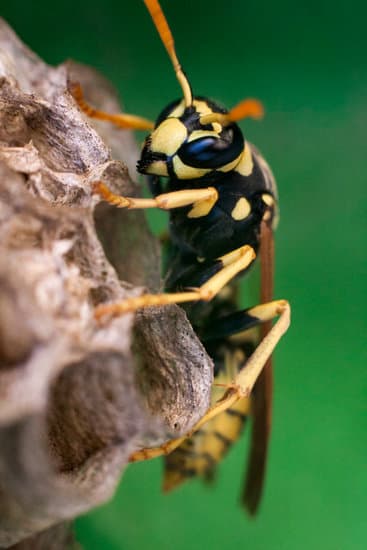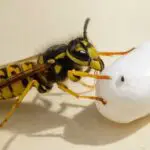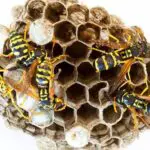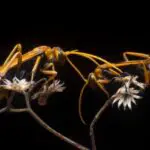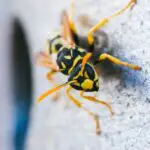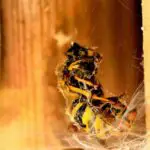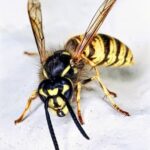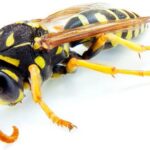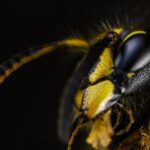How Do Wasps Kill Butterflies?
Various species of parasitic wasps lay eggs on living caterpillars. Once the eggs hatch, the larvae feast on the caterpillar without killing it. These parasites are extremely dangerous to moths and other insects, as they live their entire lives within the host organism.
Parasitic wasps may be considered beneficial by some, but some butterfly enthusiasts believe that trichogramma wasps are a serious threat to monarch butterflies. Parasitic wasps lay eggs in the larvae of monarch caterpillars, and these eggs may then infect butterfly eggs.
In addition to parasitic wasps, a variety of other species of wasps can kill caterpillars. For example, an Ichneumon wasp uses long ovipositors to lay eggs on other insects. Other wasps, such as the tachnid fly, lay eggs on monarch caterpillars, and may even attack caterpillars.
The European paper wasp, a well-established species in the U.S., has been observed foraging on monarch larvae on milkweed plants in urban pollinator gardens. Observers observed a total of 120 encounters between paper wasps and monarch larvae. The paper wasps killed most of the smaller monarch larvae and carried them off whole.
Some species of wasps lay eggs on other insects, such as moths and cabbage butterflies. These species have shown resistance to parasitic wasps, and may even help butterflies.
Other researchers have identified two proteins in infected armyworm larvae. These proteins may have permanently inserted genes into the genomes of butterflies. This may have given them a selective advantage later on.
